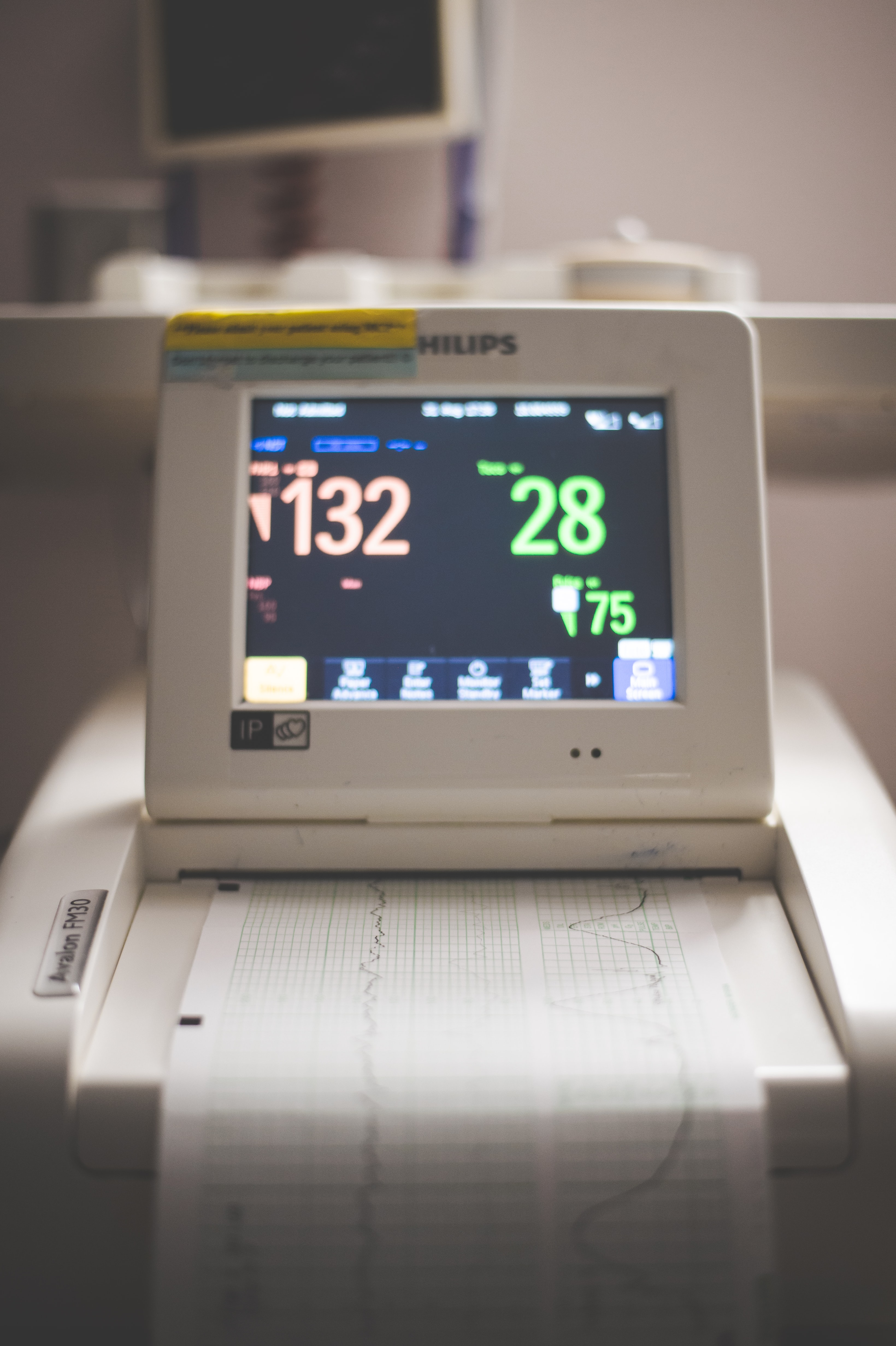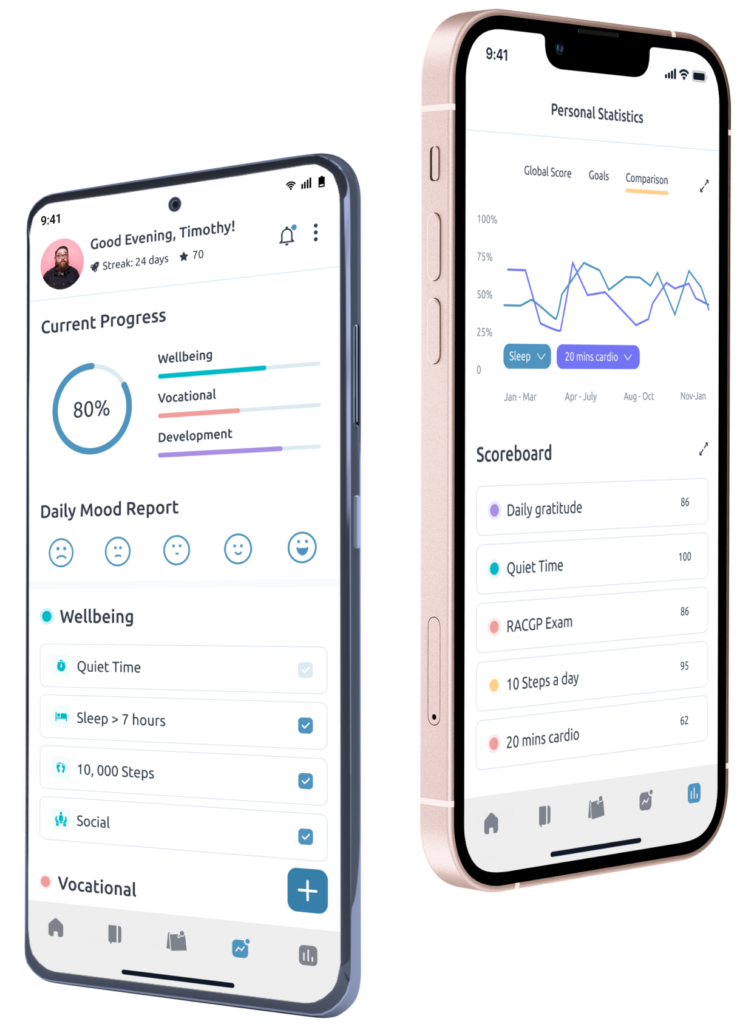
Author: Dr Georgina Fisk, Emergency Senior Registrar
5 positive aspects of emergency medicine training
- Variety: you will have the opportunity to see more clinical presentations and pathologies than any other specialty whilst keeping your medical knowledge current across various body systems. If you enjoy the unpredictable nature of not knowing who will walk through the door and are easily bored by seeing the same pathology repeatedly, this is something unique that ED has to offer.
- Hands-on: if you like procedural skills, the ED is fantastic. From large bore IV cannulas to minor surgical procedures to joint enlocations, to intubations, to plastering fractures, to performing bedside ultrasounds, this is the place where the action happens. Being hands-on often helps the time fly by more quickly too!
- Leadership: If you aspire to develop leadership skills, ED is the prime place to be. As a leader, you will have to be the centre of calm in a chaotic environment and help everyone to fulfil their roles for the effective care of the patient.
- Fast-paced: If the pace of ward rounds or clinics is too slow for your liking, you might be interested in the unmatched rapid investigations, management plans and patient turnover rates that occur in the ED.
- Teamwork: performing effective resuscitations are like a team sport. If you enjoy being a part of the magic of teamwork you will experience this first-hand in ED.
5 challenging aspects of emergency medicine training
- Shift work: shift work is tiring. It doesn’t do much good for your long-term health and you probably won’t function at your best when your body is meant to be asleep. Lack of sleep can sometimes unfortunately turn you into a grouch. Not good for anyone.
- Full-on: If you expect to have much time to rest at work, the ED might not work with your expectations. During a 10hr shift, you will rarely sit down aside to get through paperwork and discharges. In all the areas I have worked, I have never worked harder than in ED.
- A shift in mindset: Critical care specialties can sometimes inspire a lack of compassion for non-life-threatening pathologies. This is probably a defence mechanism invoked by the constant trauma that we as ED doctors are exposed to. It can be difficult for some people to resist dismissive defensive behaviour and maintain appropriate levels of compassion towards pathology that is perhaps not immediately life-threatening or that seems too complex to effectively manage in an ED environment.
- Lack of follow-up: We are not readily exposed to the consequences of some of the management decisions we make in ED. This is because we don’t often see the patient again. Sometimes I find this frustrating because I don’t receive immediate feedback that tells me whether the management decision I have made was of help or detriment to the patient. You may be able to look up the patient’s medical records, but often you are too busy dealing with other patients to remember, and even when you do, reading a report is not the same as seeing and caring for the patient with your own eyes.
- Lack of understanding from other specialities: Decisions made in ED are often the subject of negative feedback from inpatient specialty colleagues who were never there, who were not scrambling to care for 10 other critically unwell patients at the same time and who would likely manage their list of pathologies 1000x over on a regular basis whereas for us in the ED, it could have been the very first few times that we have seen it. The lack of understanding that we get is often unhelpful, so instead of criticising, please come and share your knowledge with us.






